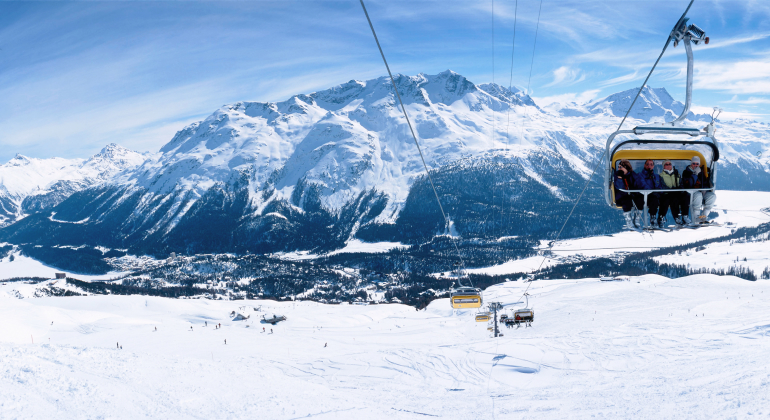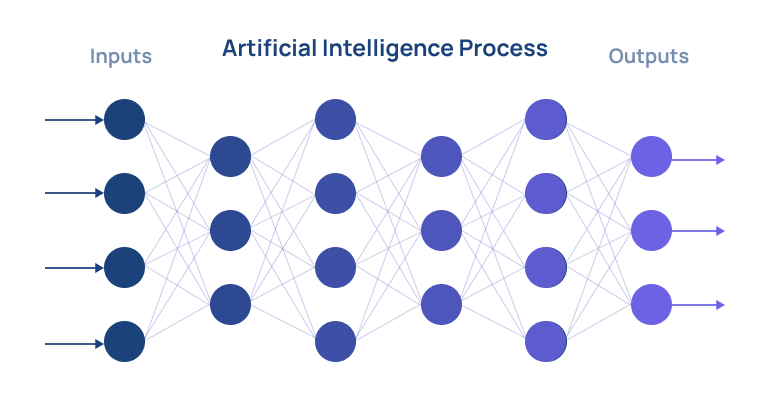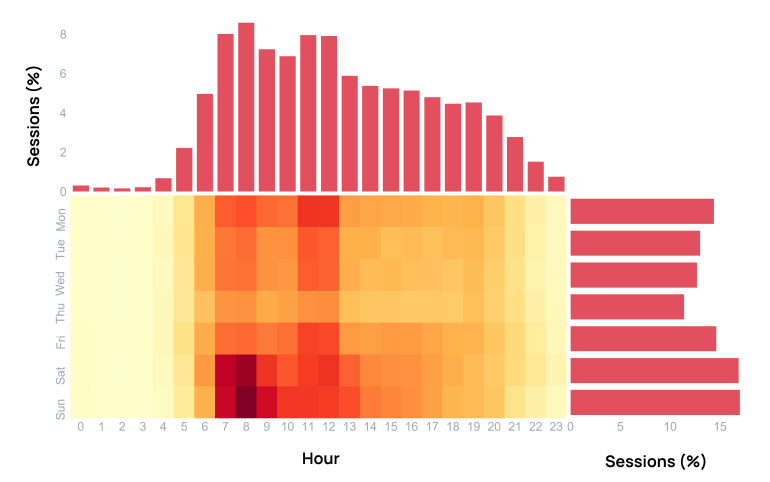
The exponential growth of Big Data, coupled with the widespread accessibility of data and the proliferation of IoT (Internet of Things) networks, has elevated its significance to unprecedented heights. In tandem, the resort, parks, and attractions sector is forging ahead in its digital transformation journey, consequently intertwining with the burgeoning Big Data landscape and confronting the unique challenges posed by this nascent phase. Resorts are capturing massive amounts of data but it is difficult for them to translate it into valuable insights for themselves and their customers. The key questions remain unanswered: Who are their customers? How do they behave and what are their needs during the ski day? How is their customer journey? Capturing Big Data has the potential to answer them, but it is just the first step of a long and exciting process.
What is Big Data and how is it different from other forms of data?
According to McKinsey there are four characteristics that define it: Huge scale (volume), fast data flow (velocity), diverse data types (variety) and low-value density (value), the 4 V’s of Big Data.
These characteristics make working with Big Data a great opportunity but also a challenge. Huge volumes of data will be costly to collect, process, and store. A fast data flow will challenge processing engines and a diversity of data types will increase the complexity of the data cycle, from a need for different processing systems to applying a diversity of methodologies to learn from data. Finally, a low-value density makes valuable information difficult to acquire, it is there but hidden under huge amounts of irrelevant data. In many cases, information will only arise after the combination and analysis of many pieces of data which, in isolation, are not very useful. However, it is worth facing these challenges as with the right processes and methodologies, Big Data will provide decision makers a full new world of high-value information that was previously unimaginable. Here is where Artificial Intelligence plays a role.
Artificial Intelligence (AI) is a discipline that uses a series of techniques in machines in order to perform complex intellectual tasks such as learning, forming concepts, recognizing patterns, solving problems, or even innovating, and simulating human intelligence.

→ Artificial Intelligence Neural Network
It is a key partner of Big Data, as most AI techniques, such as Machine Learning algorithms, will benefit hugely from the volume of data, the first V of Big Data. With more data available, algorithms have more opportunities to learn, can be more complex and can provide better outcomes. Further, Big Data systems will also take advantage and incorporate Artificial Intelligence methods in their pipelines, playing a role in data classification, anomalies detection, and the selection of relevant data. Furthermore, many types of unstructured data such as text, voices, images or pictures would be useless without Artificial Intelligence techniques, such as Deep Learning. These techniques perform complex tasks like recognizing objects and elements in images or concepts and relationships in text, transforming plain unstructured data into useful structured data, just one step before relevant and insightful information.
How can big data help parks & attractions?
The tourism industry is just beginning its relationship with Big Data and Artificial Intelligence — and starting to realize how a variety of techniques can be applied to improve guests’ experiences.
- Image recognition can be used in order to detect crowded areas, and underused facilities and improve queue management systems.
- GPS data will allow resort staff to gain profound insights into customer behavior, understanding their preferred facilities, slopes, and lifts, as well as their favorite services. This holistic perspective promises a comprehensive understanding of the ticketed attraction experience, enhancing the overall service quality.
- With predictive algorithms, dynamic pricing can be set to offer the right price at the right time to consumers in order to increase online sales and advance purchases.
- Recommendation algorithms and chatbots can improve the guest experience guiding new customers through the discovery of the resort and helping them discover which are the slopes that they will enjoy the most.
The list of tasks and possibilities is long and remains to be fully explored.
Spotlio Business Intelligence’s contribution to the industry

→ Ski Resort Heatmap
Spotlio is taking advantage of Big Data generated by the Spotlio Platform in order to develop innovative solutions based on Artificial Intelligence which are the key resources needed to improve the customer experience and operations across the entire resort, parks, and attractions industry.
Spotlio is a trailblazing force in destination digital technology, offering tailor-made solutions — from apps to e-commerce, and almost everything in between — that redefine the way travelers interact with resorts, parks, and attractions. With a decade-long legacy of excellence, Spotlio empowers clients with innovative white label digital solutions and pricing services, fostering connections and enhancing experiences on a global scale. Request a demo to learn more.
